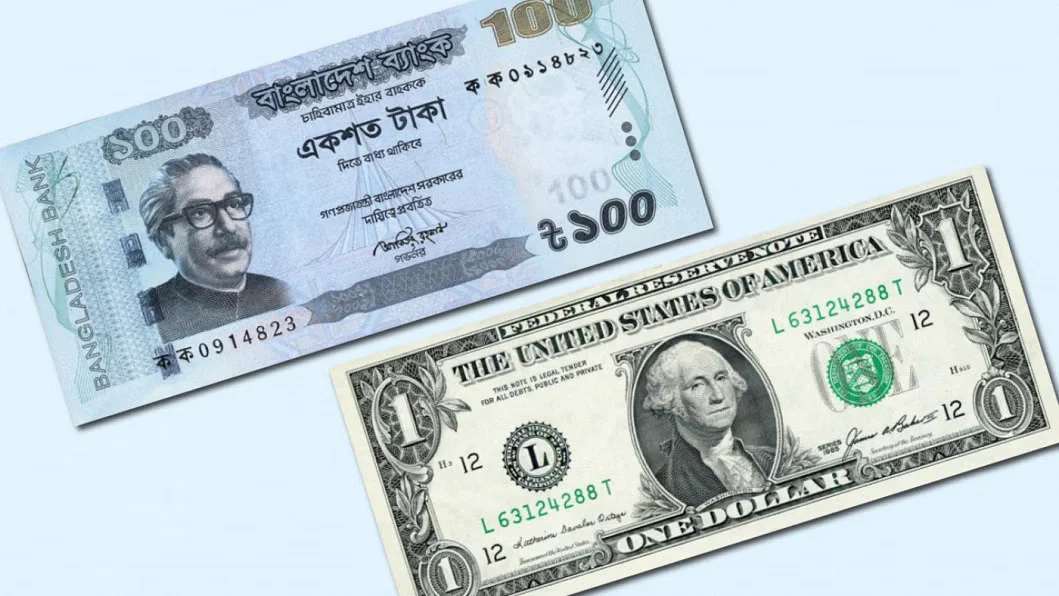The Implications of Currency Depreciation: Is Bangladesh Heading Down the Sri Lankan Path?

The currency exchange rate is often seen as a crucial economic indicator. When the value of a currency drops significantly, it brings both uncertainty and potential crisis. In recent discussions regarding Bangladesh, a key question has emerged: What happens when 1 dollar equals 500 Taka? Could Bangladesh be following in Sri Lanka's footsteps?
In this article, we will explore the ramifications of currency fluctuations, with a specific focus on how this could impact Bangladesh's economy and its position in the global market.
Understanding Currency Depreciation
When a country's currency depreciates, it means that the currency has lost value compared to other currencies. In Bangladesh, there has been growing concern regarding inflation rates and how they influence the everyday lives of citizens and the overall economy.
Key Factors Affecting Currency Values
There are several critical factors that can lead to currency depreciation:
- Inflation: High inflation rates can decrease purchasing power and weaken the currency.
- Political Stability: Countries that experience political unrest often see a decline in investor confidence, leading to depreciation.
- Economic Performance: A downturn in economic performance can signal to investors that a currency is risky, leading to depreciation.
The Current Economic Climate in Bangladesh
As Bangladesh experiences rising inflation, discussions of it reaching an unprecedented exchange rate of 500 Taka for 1 dollar is alarming. Let's take a closer look at how inflation affects the economy.
Inflation Trends in Bangladesh
- Bangladesh has seen a consistent rise in inflation rates, with the inflation clocking in at various rates within the last couple of years.
- The cost of living has dramatically increased, affecting not just individual consumers but businesses as well.
- As prices rise, purchasing power diminishes, which can lead to a vicious cycle of economic decline.
Comparison with Sri Lanka
Sri Lanka has recently gone through a severe economic crisis characterized by inflation, currency depreciation, and resulting hardships for citizens. Some parallels can be drawn between these two nations, especially concerning the factors driving economic fluctuations.
Key Comparisons:
- Government Debt: Sri Lanka's high levels of debt have directly correlated with economic stress. In comparison, Bangladesh's debt-to-GDP ratio is something to monitor as it may create similar vulnerabilities in the future.
- Dependency on Imports: Both countries depend heavily on imports for essential goods. Thus, currency depreciation poses a risk, leading to increased costs of imported commodities.
Implications for Businesses
The impact of a depreciated currency is profound on businesses and the economy:
- Higher Costs for Imports: As the currency depreciates, the cost of importing goods rises, which can lead to increased prices for consumers.
- Uncertainty in Investment: Businesses may hesitate to invest due to volatility in currency value, leading to stagnant growth.
- Job Losses: Depending on how businesses navigate these challenges, there may be significant job losses as firms struggle to cope with heightened costs.
Future Predictions
The situation in Bangladesh calls for vigilance. Here are some predictions based on current trends:
- Increased Inflation Rates: If the depreciation continues, inflation rates will likely continue to rise, leading to further economic instability.
- Potential Calls for Policy Changes: The government may need to implement stricter economic policies to stabilize the currency and control inflation.
- Public Pushback: As living costs increase, citizens may voice discontent, leading to political upheaval reminiscent of what has been seen in Sri Lanka.
Conclusion
The concerning possibility of 1 dollar equalling 500 Taka poses significant implications for Bangladesh's economy. With parallels to the current crisis in Sri Lanka, it is clear that these developments merit attention. Businesses, consumers, and policymakers need to remain informed and prepared to tackle the challenges arising from currency depreciation and rising inflation.
It is essential for the populace to be aware of developments in the economic landscape to make better financial decisions and support necessary reforms. As we move forward, understanding these dynamics is crucial for achieving economic stability and growth in Bangladesh.
Call to Action
Stay updated with the latest economic trends and engage in discussions about solutions to strengthen Bangladesh's economy. Together, we can work towards a brighter future for our country. To learn more about business and economic strategies, subscribe to our channel and check out our articles for valuable insights!
